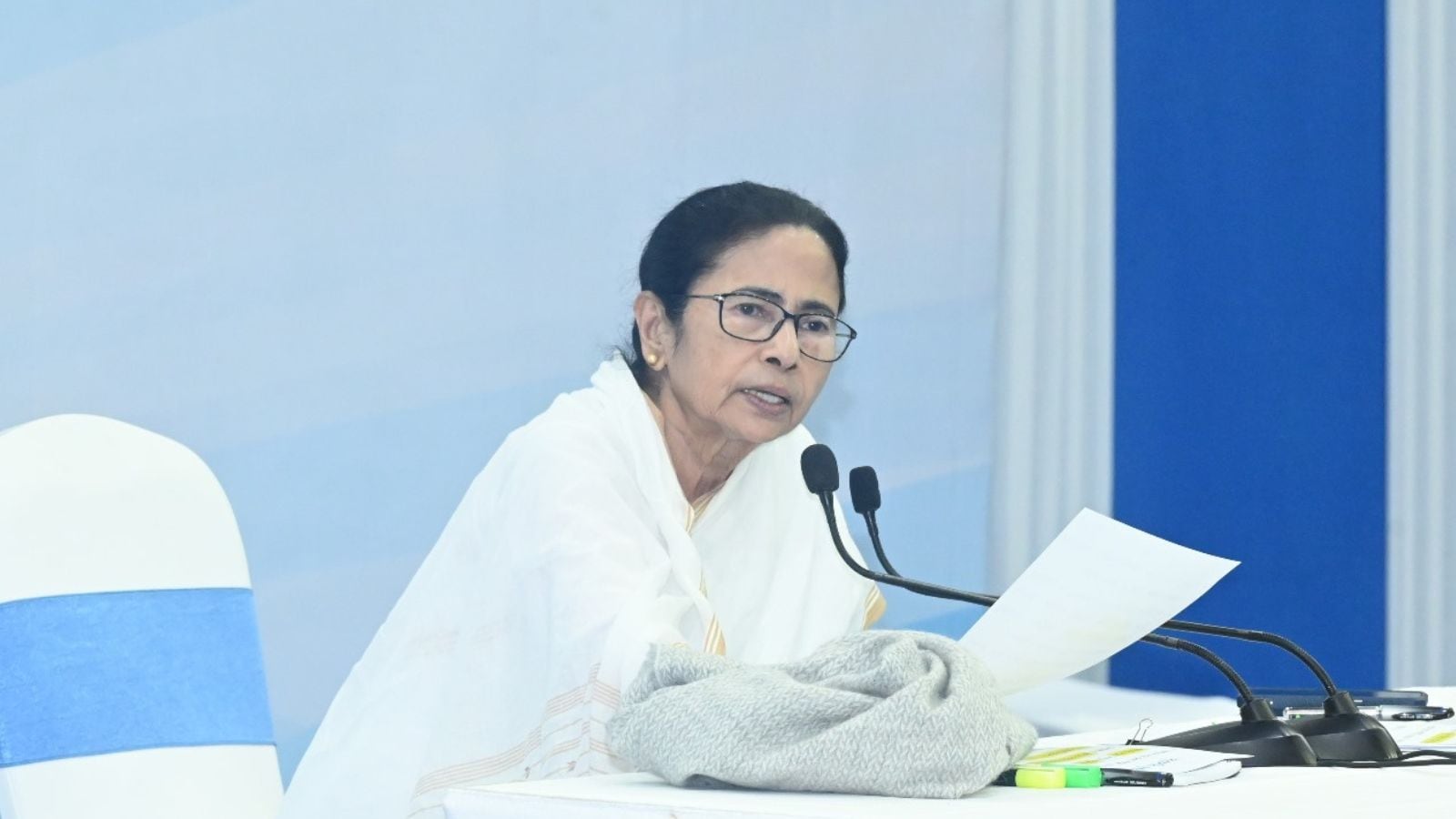 |
|
The political landscape of West Bengal is currently embroiled in a heated controversy, sparked by Chief Minister Mamata Banerjee's vehement accusations against the Border Security Force (BSF). Banerjee's claims, levied during an administrative review meeting, paint a picture of alleged complicity on the part of the BSF in facilitating the illegal entry of individuals described as 'goons and murderers' from Bangladesh into West Bengal. This accusation carries significant weight, given the sensitive nature of border security and the potential implications for national security. The Chief Minister's assertion that the BSF's actions are not isolated incidents, but rather part of a larger, centrally orchestrated plan, dramatically escalates the conflict and directly implicates the central government. The severity of the accusations underscores the deep political divide between the ruling Trinamool Congress (TMC) government in West Bengal and the central BJP government. This clash reflects broader tensions between state and central authorities in India, particularly concerning issues of jurisdiction and security.
Beyond the accusations leveled against the BSF, Banerjee also expressed her dissatisfaction with the performance of West Bengal's intelligence agencies. Her critique highlights a critical failure in information gathering and response to potential threats. The Chief Minister's call for the transfer of ineffective personnel within the state police force indicates a serious concern about the integrity and efficiency of the intelligence apparatus. This internal criticism exposes vulnerabilities within the state's security infrastructure, raising questions about the effectiveness of its ability to monitor and respond to security threats. The call for prioritizing efficient officers over those perceived as maintaining a 'lobby' suggests a need for reform and a stronger emphasis on meritocracy within the state's security apparatus. The implications of these failures extend beyond simple bureaucratic inefficiency; they directly impact the state's ability to maintain law and order and to safeguard its citizens from potential threats.
The Chief Minister's concerns extend beyond the immediate issue of border security and intelligence failures. She also directly addresses issues of land encroachment and governance in Birbhum district. Her criticism of the Birbhum District Magistrate (DM) and Superintendent of Police (SP) reveals a deeper concern about the lack of accountability and the possible involvement of political elements in illegal activities, such as the expansion of the sand mafia. The accusation that funds from Birbhum are being diverted to the BJP suggests a significant breach of trust and highlights the potential misuse of public resources for political gain. This raises critical questions about corruption and the effectiveness of local administration. The directive to recover encroached government lands, coupled with the formation of a specialized team to investigate illegal construction, demonstrates Banerjee's commitment to addressing these issues and reclaiming public assets. The severity of her criticisms indicates a systemic problem requiring immediate and decisive action.
The incident involving the Delhi Police's verification drives in Cooch Behar further complicates the situation. Banerjee's condemnation of the Delhi Police's actions, performed without the necessary permissions, underscores the inter-state tensions and the potential for jurisdictional conflicts. The accusation that the Cooch Behar police and district administration failed to report this incident to the Director General of Police (DGP) reveals communication gaps and the potential for deliberate inaction or cover-up. This incident serves as another illustration of the broader issues of coordination and cooperation between state and central agencies, highlighting the need for effective inter-agency communication and a clear delineation of responsibilities. The underlying issue reveals deeper fault lines within the governance structure, raising questions about bureaucratic effectiveness and inter-state relations.
The arrest of seven individuals involved in a fake passport racket, linked to illegal immigration from Bangladesh, further strengthens Banerjee's arguments. This revelation provides concrete evidence supporting her claims about the vulnerability of West Bengal's borders and the potential for large-scale infiltration. The connection between the passport racket and the turmoil in Dhaka suggests that the security situation in neighboring Bangladesh is significantly impacting West Bengal. This underscores the complex geopolitical dimensions of the situation and the need for a multi-faceted approach to address border security and illegal immigration. The overall situation highlights the urgent need for comprehensive measures to address the issues of border security, intelligence gathering, corruption, and inter-agency coordination to ensure the safety and security of West Bengal's citizens.
Source: ‘BSF is letting goons and murderers enter West Bengal’: Mamata Banerjee
